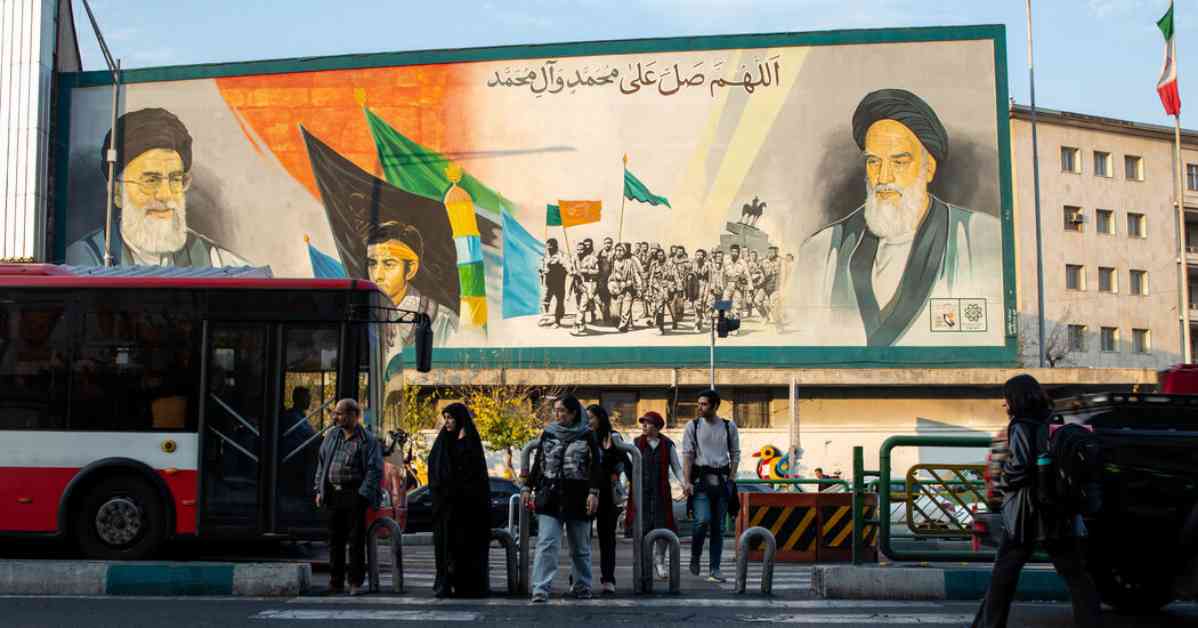Iran is known for its strong rhetoric against the United States and Israel, but recently, there have been signs of a shift towards a more conciliatory tone. This change in attitude comes as Iran faces challenges both at home and abroad.
In mid-November, Iran sent a high-ranking official to Beirut to encourage Hezbollah to consider a cease-fire with Israel. At the same time, Iran’s U.N. ambassador met with Elon Musk, possibly as a way to reach out to President-elect Donald J. Trump’s team. Additionally, upcoming talks in Geneva with European countries will cover various topics, including Iran’s nuclear program.
This shift in diplomatic approach is a stark contrast to late October when Iran was gearing up for a major retaliatory strike against Israel. A deputy commander of the Islamic Revolutionary Guards Corps had even warned about responding to any aggression.
The decision to change course seems to be influenced by various factors. The outcome of the U.S. election, which will see Donald J. Trump returning to the White House, has raised concerns about the potential actions of an unpredictable leader who previously imposed significant pressure on Iran. Moreover, the recent weakening of Iran’s ally Hezbollah in Lebanon, along with internal economic challenges such as a drop in the value of the currency and an energy crisis, have likely played a role in Iran’s decision to adopt a more conciliatory stance.
It is evident that Iran’s foreign policy strategy is evolving in response to changing circumstances. The country’s willingness to engage in dialogue and pursue diplomatic solutions signals a desire to avoid further confrontation and seek stability in the region. As Iran navigates both domestic and international challenges, its approach to foreign relations will continue to be closely watched.

